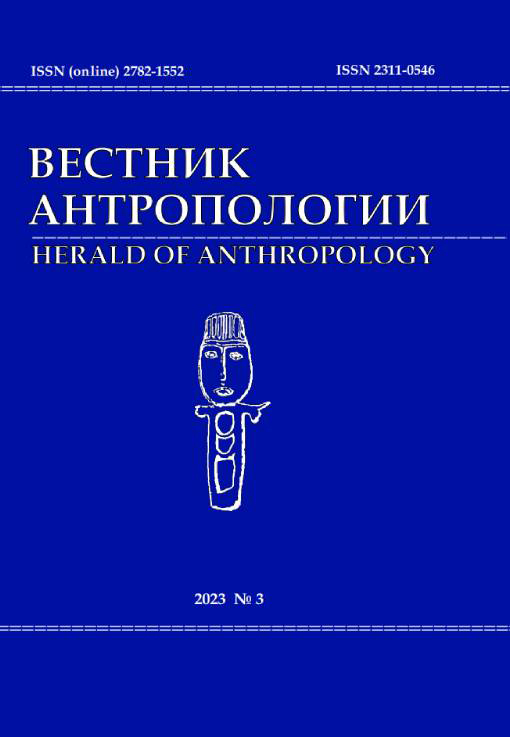Definition of “Indian” and “Indigenous” in the Mexican Intellectual Space of the First Half of the 20th Century
DOI: 10.33876/2311-0546/2023-3/248-261
Abstract
The national question in postcolonial societies is one of the central topics in both political and purely intellectual discourse. The complex ethnic composition of Mexican society was against post-revolutionary government policy of national unification. In this article are considered the problem of determining of the “Indian” in the works of Mexican philosophers and anthropologists in the early-to-mid twentieth century, and the main approaches to defining the indigenous population and its role in the construction of the new Mexican state. Within the methodology of intellectual history, particularly the analysis of discursive practices in defining the “Indian” in the Mexican intellectual field, 3 fundamental approaches were identified: biological (racial), historical-cultural, and psycholinguistic. The study was demonstrated the transformation of the representations and the functions of the Native population in the "new type" society, represented in the works of various Mexican authors - A. Molina Enríquez (theory of racial unification), J. Vasconcelos (theory of biological and cultural miscegenation), M. Gamio (indigenist project), A. Caso (integrative project with the preservation of certain elements of indigenous identity). As a result of this research, it was established the influence of anthropological discourse on the state policy of the Mexican government towards the indigenous population.





















